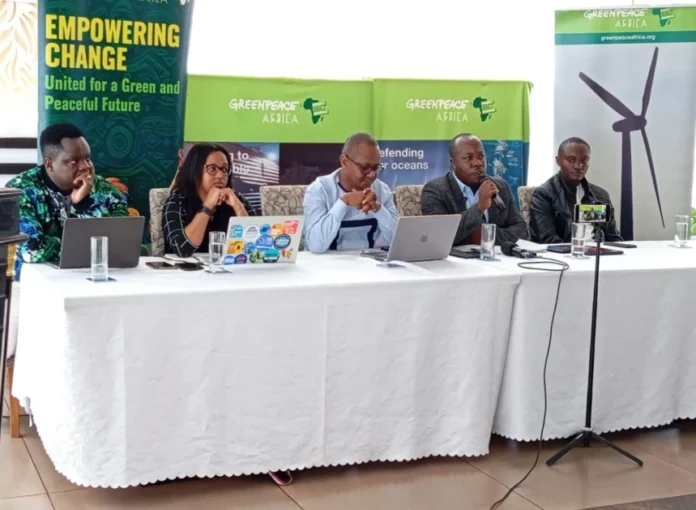As COP29 approaches, pressure mounts on the African Group of Negotiators (AGN) to put their best foot forward in achieving the new collective quantified goal on climate finance for the continent.
Pressure is building up for Kenya’s Ali Mohammed and Tanzania’s Richard Muyungi, the AGN chair and co-chair respectively, to lead the African negotiators into delivering equitable climate finance for the continent.
The push comes at a time when the industrialized countries seem to be unmoved by the continuous plea to settle their climate finance debts to developing countries.
“Climate negotiations have perfected the act of kicking the can down the road. COP29 must put a stop to kicking the poor in the stomach. The climate crisis is biting in Africa,” lamented Amos Wemanya, Responsive Campaigns Lead at Greenpeace Africa.
“Communities’ lives and livelihoods are on the line. For this COP29 to succeed, an ambitious and needs-based new collective and quantified goal on climate finance must be established.”
While addressing journalists, the movements’ lead held that climate finance is critical in enabling Africa to mitigate and adapt to the growing costly impacts of climate change and to ensure that its future development path is consistent with the goal of limiting global warming to no more than 1.5°C.
According to Charity Migwi, Senior Africa Campaigner at Oil Change International, climate finance should not be used for fossil fuel expansion.
“Fossil-driven development contradicts Africa’s visions and sustainable development goals. Under the New Collective and Quantified Goal on climate finance, funding should not go to dangerous distractions that are expensive, speculative, a proven failure, or unproven at scale, typically serving to prolong the lifetime of fossil fuel assets,” she stated.
The watchdogs further held that Africa developments will also be critical to future greenhouse gas (GHG) emissions given that its energy use is projected to grow rapidly to meet its development needs.



















